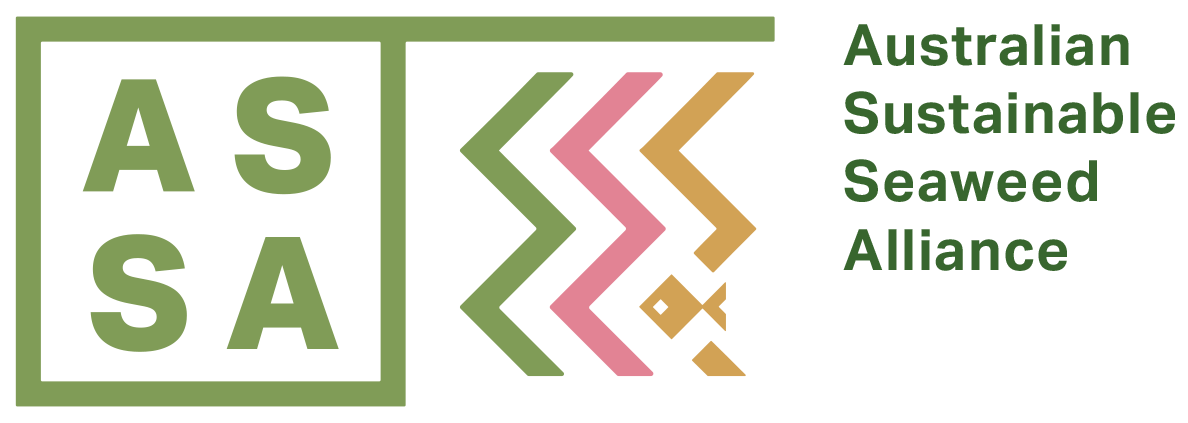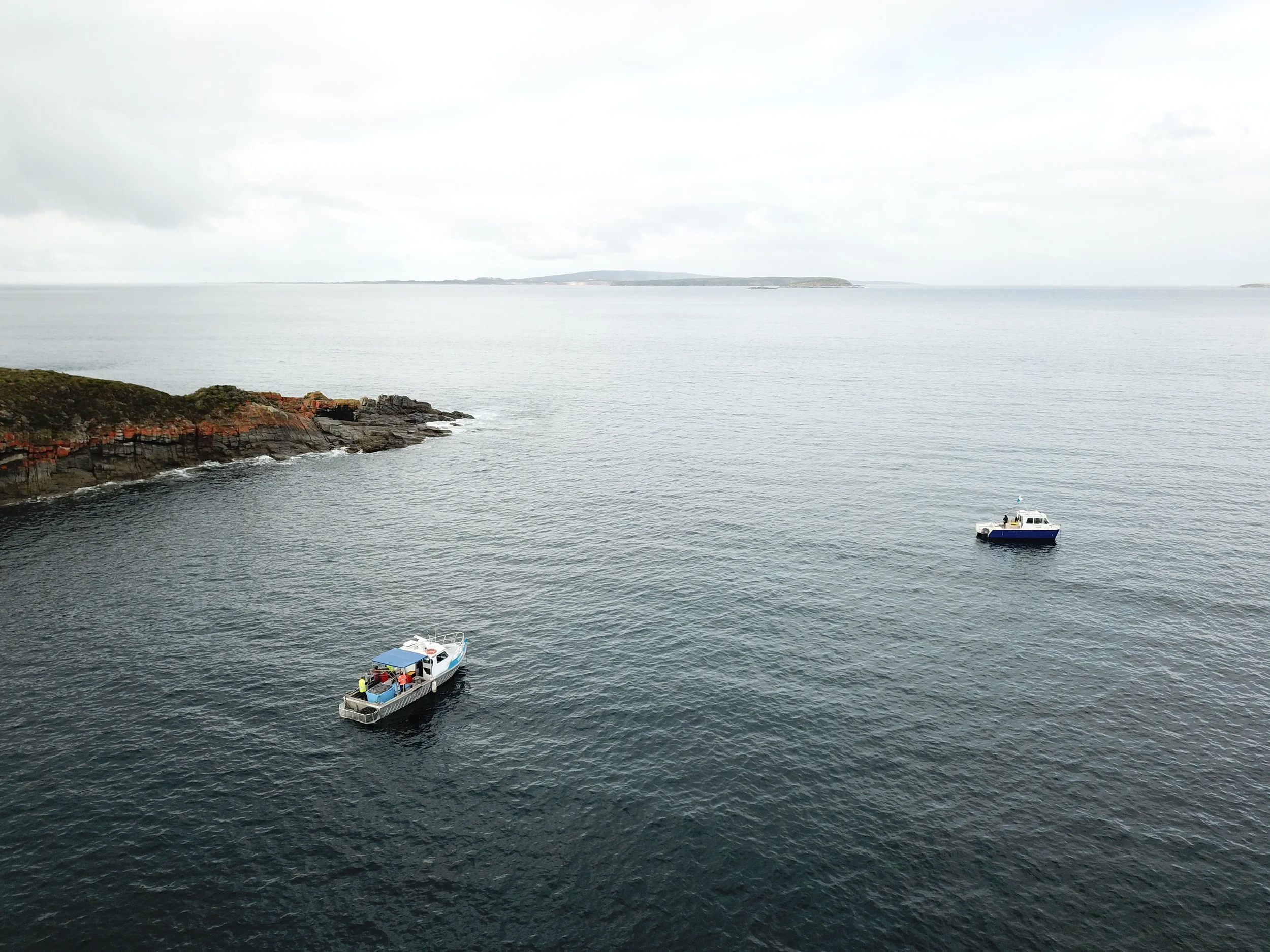Commercial supply and tank-based expansion
CH4 Global is expanding rapidly, making its first commercial sales of Australian Asparagopsis cattle feed supplements to reduce methane emissions in June this year.
General Manager of CH4 Australia, Adam Main, says production at the company’s Eyre Peninsula marine and land-based sites is scaling up and the company continues to expand its sites for farming at sea and on land, principally in South Australia.
South Australian Research and Development Institute (SARD) remains the centre of CH4’s Australian R&D, with some production from SARDI’s West Beach facilities. Other farming sites have been established along the Eyre Peninsula, at Port Lincoln, Boston Bay and Louth Bay.
In August, CH4 added Arno Bay to the list in a collaboration with Kingfish producer Clean Seas Seafoods Ltd.
Main says the company will establish a seaweed nursery and land-based production trials using wastewater from the fish hatchery, as well as co-locating a crop with fish pens at sea – both will make use of fish waste as a fertiliser. The crop adjacent the pens will also be evaluated for the biofiltration services it provides, removing nitrogen and other nutrients from the water.
A recent $7.5 million grant from the Australian Government’s ‘Securing raw materials’ program will be used to develop commercial land-based ponds and tanks at Arno Bay and also at Port Lincoln. “We expect to have 4 million litres of land-based capacity within the next 12 months, and increase productivity by optimising production from these sites,” Main says.
“We’ve been mapping out other potential marine and land-based sites along the Spencer Gulf, including the top of the gulf. We’ve also been looking for sites and partners in Western Australia, and collecting samples from WA and from Tasmania, to assess the different Asparagopsis genetics and associated growth patterns,” he says.
“Trials at Port Victoria on SA’s Yorke Peninsula, in conjunction with the Narungga Nation Aboriginal Corporation continue and we’re currently mapping out what a future marine and land-based operation might look like at Port Victoria. Anything we do on the Yorke Peninsula will be in partnership with the Narungga Nation,” he says.
The company has appointed First Nations person Tiahni Adamson as its community engagement leader. Adamson also manages commercial use operations. CH4’s first commercial use agreement is with the CirPro cattle feedlot in Warnertown, SA.
Material is being supplied from local production, but CH4 is also seeking an import permit for material from New Zealand. The company’s team there have optimised land-based production to suit NZ conditions, and CH4 is about to establish a 500-tank land-based farm at Ocean Beach on the South Island, repurposing a former meat processing plant into an aquaculture park.
CH4 has provided product samples for research in South Korea, the US and Argentina, with strong interest from Europe, Japan and Vietnam as well. Main says the first international supply agreement is expected to be finalised in the coming year.
Research into the product has focused on preserving levels of the active ingredient bromoform through harvesting and processing into the final product. By optimising the bromoform content, the aim is to feed smaller amounts of supplement to more cattle to reduce methane emissions by the greatest amount possible.
In terms of staff, the company established its Australian headquarters at the Tonsley Innovation Precinct in Adelaide, where its team of three has grown to 12 by July 2022. Main expects this will increase to more than 20 staff within the next year.

